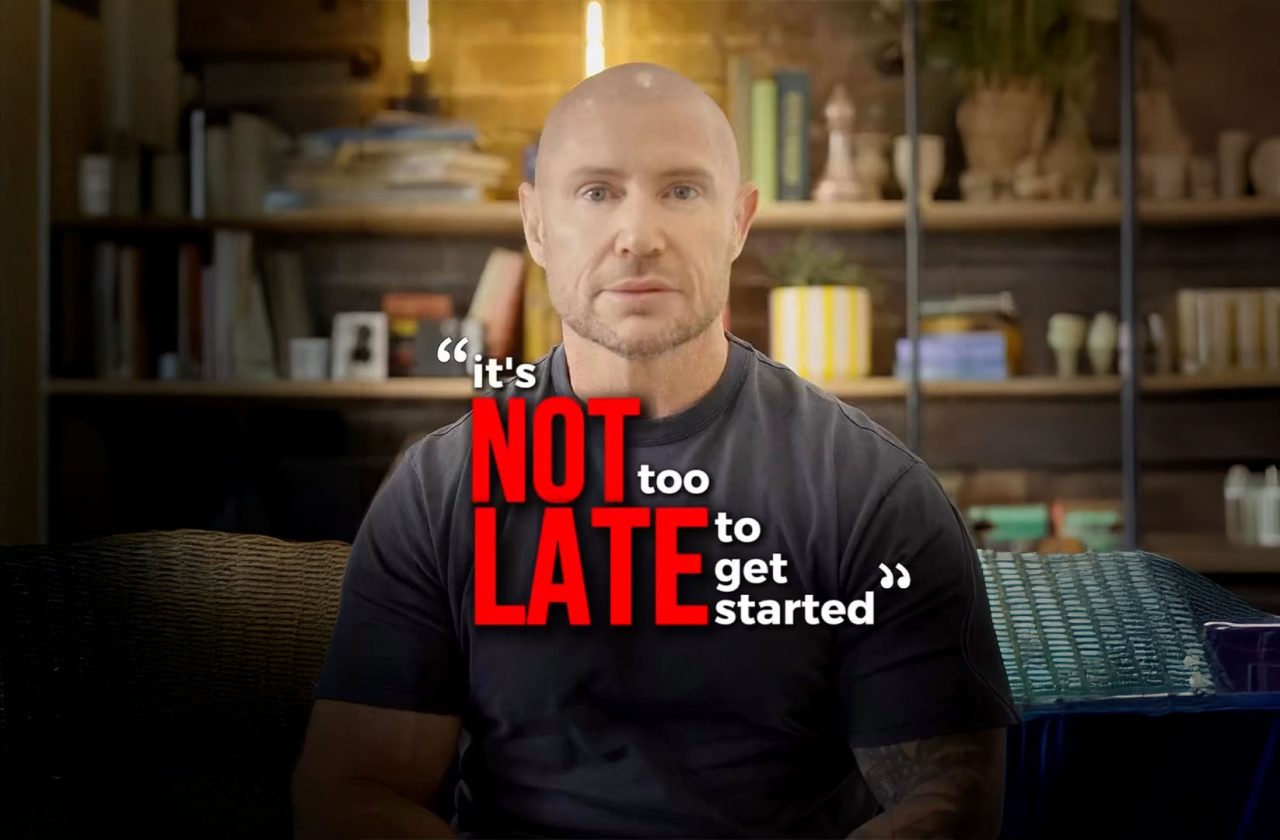Chris Allchin: Unlocking Business Potential Through Strategic Partnerships and Investments

Strategic partnerships shape the trajectory of business success, yet finding the right match often proves challenging. Through costly lessons and deliberate growth, Chris Allchin has developed keen insights into building effective business relationships. After transforming his life from a troubled past to becoming a successful investor and business owner, Chris now helps companies create meaningful partnerships while focusing on scalability and positive impact. His approach combines practical experience with a deep understanding of human dynamics in business relationships.
The True Cost of Values Misalignment
What happens when you partner with someone whose values don’t align with yours? Chris learned this lesson the hard way after giving a seemingly hardworking individual 10% of his million-dollar business. “I ignored some flags about this person’s personal life,” Chris explains. An experience that cost Chris $300,000 to buy out the partner’s share, but it crystallized an important principle about partnership selection. “When you’re partnering with somebody in business, you have to be mindful that their personal values are somewhat in line with yours, particularly when they’re working with you on a day-to-day basis,” he emphasizes. “If your values are colliding, that’ll affect the business.”
Finding the Right Partner
One common mistake in business partnerships is gravitating toward people who think exactly like you do. Chris cautions against this tendency: “Don’t partner with yourself. When we sit down with people as humans, we like people that are like us. But when it comes to partnering in business, you want to complement the business with additional skills and different thought processes.” Instead, Chris advocates for partnerships that bring new perspectives. “Partner with people that think differently, have different skills, different mindsets, and basically complement the business in ways that you haven’t been able to think of yourself,” he advises. “Get really comfortable with having people around you that challenge what you believe to be true because we’re not always right.”
Three Key Factors to Making Investment Decisions
When evaluating potential investments or business opportunities, Chris focuses on three essential points:
Profitability First – When evaluating investment opportunities, Chris emphasizes the fundamental importance of profitability. “Is it profitable? Because you need money to scale,” he states directly. This forms the foundation of any sustainable business venture.
- Impact Beyond Profit – The second key reflects Chris’s personal transformation from his earlier life. “I’m really big on that now. In my old life, I behaved in a way that was very self-driven. Now, he carefully considers “who or what is it helping outside of yourself.”
- Scalability Through Technology – The final element Chris looks for is scalability, particularly through technological implementation. “When I say scale, it’s like can technology be implemented largely?” he explains. This focus on tech-enabled growth helps ensure the business can expand efficiently.
Progress Over Perfection
Many business owners hesitate to seek partnerships or investments until everything is perfect. Chris strongly disagrees with this approach. “Progress over perfection is something I have to tell myself regularly,” he shares. “If you try and be perfect, you don’t move forward.” He encourages entrepreneurs to embrace failure as a learning opportunity. “Fail fast, Fail often, fail forward. Every failure is learning. If you sit still and you get stuck on that one thing, you actually move nowhere. Let’s fail five times this week because it’ll be five times better for the next week.”
One of Chris’s proudest partnerships emerged from an unexpected encounter. “My business partner at Certify You, Adam Zar – we sat next to each other at a business event. I shared my story that I’ve been to prison. He said, ‘You want to do business?'” Despite their age difference and different backgrounds, they’ve built a strong partnership based on open communication and mutual growth. “We communicate really well and we’re comfortable telling each other how we really feel and we listen to the other person,” Chris explains. “We make each other better people. Even when he makes mistakes and he does, as do I, it’s okay. We grow in the same direction.”
Expanding Faster with White Labeling
Chris offers practical advice for rapid business expansion through strategic partnerships. When Pet Barn, Australia’s largest pet retailer, approached his company about pine cat litter, he chose white labeling over building infrastructure from scratch. “Within weeks, boom, we had that process happening. We’re now doing $2 million a year in cat litter because speed to market is important.”
He encourages business owners to consider similar opportunities: “Ask yourself where could you expand your streams of income through white labeling an additional product or service without even changing what you do day-to-day.”
To learn more about Chris Allchin, you can connect with him on LinkedIn or visit his website.





